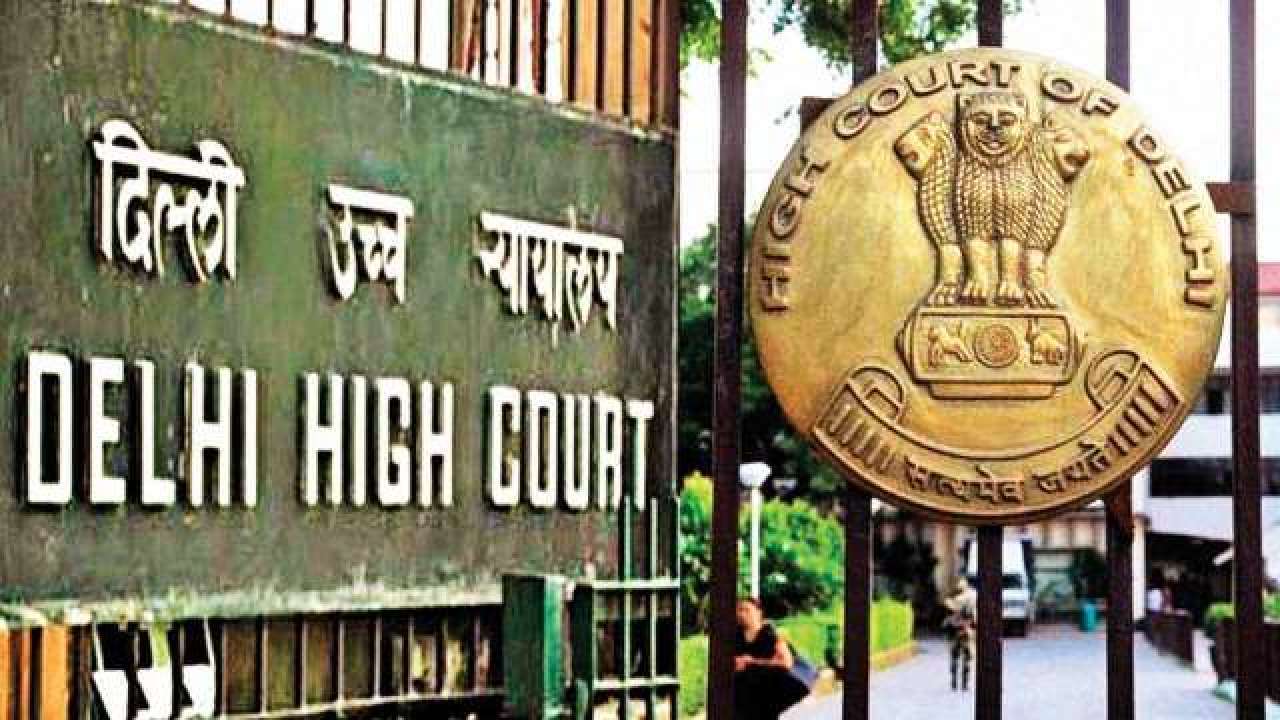Can Advocates be designated as "Special Class" under Evidence Act for effectuating Search & Seizures? ASG Chetan Sharma argues before Delhi High Court

During a hearing in the Delhi High Court today, ASG Chetan Sharma questioned the Court as to whether the Indian Evidence Act can be surpassed by designating advocates as “special class” by formulating guidelines to be followed by police in effecting search and seizure operations against them?
The division bench of Chief Justice DN Patel and Justice Jyoti Singh was hearing a plea filed by Advocate Nikhil Borwankar, seeking formulation of mandatory guidelines to be followed by police in effecting search and seizure operations at the premises of an advocate under the Code of Criminal Procedure.
ASG Sharma further pointed out that the petition was “vague” since the petitioner had not indicated the name of the advocate against whom search and seizure operations had been conducted.
Sharma further argued that the petitioner had not impleaded the CBI, NIA, IB and others who had conducted the alleged search and seizure activities at the ‘advocates’ premises.
Adv Prashant Bhushan appearing for the Petitioner however argued that Provisions of Section 100 of the Code of Criminal Procedure are insufficient to address the peculiar circumstances of the execution of a search warrant against an advocate, in that it is almost certain that any such search and seizure will inevitably lead to the recovery of privileged information to which the investigating agency may not be entitled ab initio. Furthermore, the CrPC does not contemplate such a specific scenario nor provides for adequate safeguards.
ASG Sharma however urged the Court not to issue notice and sought time to file detailed objections on the plea.
The Court has accordingly adjourned the matter for next hearing on September 3.
The petitioner has contended that the access to an advocate’s personal and professional digital devices is a grave and egregious violation of privacy of a private citizen and that of a member of the Bar, who is engaged to act for his client.
The petition has sought the following directions:
i. Search warrants against advocates be issued only when investigating officer has obtained prior sanction from Director of Prosecutions (DoP) upon the submission of an appropriate standardised proforma by investigating officer upon the submission of an appropriate standardised proforma by investigating officer, issued as determined by this Hon’ble Court, submitted through an officer not part of the investigation of the rank of Superintendent of Police, after due deliberation thereupon by the DoP;
ii. Only when Court issuing search warrant concludes in writing that alternative methods of obtaining information have been considered by the investigating agency, and that such efforts could compromise the criminal investigation or prosecution, or could result in the obstruction or destruction of evidence, or would otherwise be ineffective;
iii. Be executed in terms of S.103 CrPC wherever practicable; and where not practicable, reasons be recorded by the Magistrate in order issuing warrant, along with the appointment of a “privilege team” comprising law enforcement agents unconnected with the investigation and Bar Council appointed independent advocates to execute search warrants
iv. All documents/articles seized be submitted directly to the jurisdictional magistrate under sealed cover.
v. All participating law enforcement agents be mandated to wear clear and visible identification and individual body cameras throughout the execution of the search warrant, with the entire search exercise audio and videographed, which recording (s) be deposited with the jurisdictional Magistrate at the culmination of proceedings; and
vi. Adequate training be undertaken by Respondents of law enforcement agencies, and Magistracy with regard to the provisions of effecting legal search and seizure.
Case Title: Nikhil Borwankar v. GNCTD
